Definition Of Vaccination Process
The final stage in vaccine manufacture before distribution is fill and finish which is the process of filling vials with vaccines and packaging them for distribution. Clinical development is a three-phase process.

Module 1 How Vaccines Work Who Vaccine Safety Basics
First COVID-19 mRNA vaccines are given in the upper arm muscle.
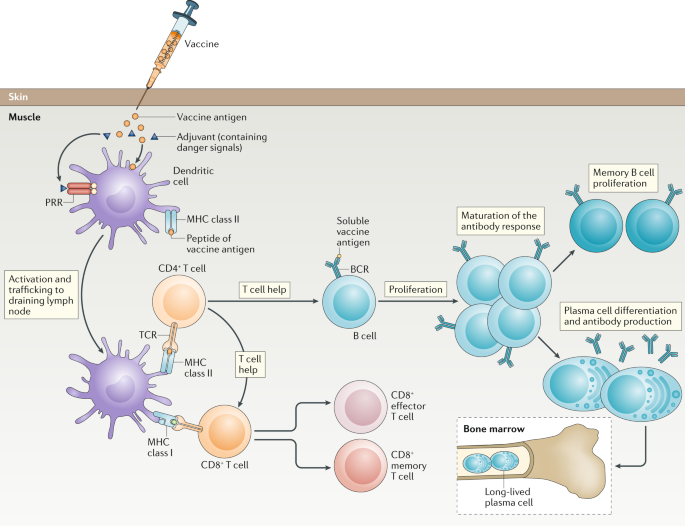
Definition of vaccination process. What is a vaccine. Listen media icon MP3. They also contain other ingredients to keep the vaccine safe and effective.
Vaccination stimulates the bodys immune system to build up defenses against the infectious bacteria or virus organism without causing the disease. Flu vaccination is not recommended for children younger than 6 months. These latter ingredients are included in most vaccines and have been used for decades in billions of doses of vaccine.
COVID-19 mRNA vaccines give instructions for our cells to make a harmless piece of what is called the spike protein. Once the instructions mRNA are inside the muscle cells the cells use them to make the protein piece. Vaccination is the administration of a vaccine to help the immune system develop protection from a disease.
Iowa code 2 Vaccine means a specially prepared antigen administered to a person for the purpose of providing immunity. Today the word has the same meaning as inoculationand immunization. The introduction of vaccineinto the body to produce immunity to a specific disease.
All the children were given two vaccinations against measles. In Phase II the clinical study is expanded and vaccine is given to people who have characteristics such as age and physical health similar to those for whom the new vaccine is intended. The legal definition in the few cases where it has been detailed is equally unequivocal.
Recognizes the invading germ such as the virus or bacteria. Immunizations prepare the immune system to ward off a disease. Although this is a conceptually simple part of the vaccine manufacture process it is often a bottleneck in the process of distributing and administering vaccines.
Vaccinations or immunizations work by stimulating the immune system the natural disease-fighting system of the body. The healthy immune system is able to recognize invading bacteria and viruses and produce substances antibodies to destroy or disable them. During Phase I small groups of people receive the trial vaccine.
Vaccination is the act of introducing a vaccine into the body to produce immunity to a specific disease. This term is often used interchangeably with vaccination or inoculation. Vaccines contain a harmless form of the bacteria or virus that causes the disease you are being immunised against.
Vaccines are medicines that protect you against specific diseases such as measles influenza flu or whooping cough. Vaccine manufacturers are undertaking a development process that includes tens of thousands of study participants to generate non-clinical clinical and manufacturing information needed by FDA for. Vaccines contain a microorganism or virus in a weakened live or killed state or proteins or toxins from the organism.
The process of being made immune or resistant to an infectious disease typically by the administration of a vaccine. In Phase III the vaccine is given to thousands of people and tested for efficacy and safety. A process by which a person becomes protected against a disease through vaccination.
The parts of the infectious organism that the. The act of introducing a vaccine into the body to produce immunity to a specific disease. The term vaccination comes from the Latin vaccacow and was coined when the first inoculations were given with organisms that caused the mild disease cowpox to produce immunity against smallpox.
The process or an act of giving someone a vaccine a substance put into a persons body to prevent them getting a disease. Immunization is the process whereby a person is made resistant to an infectious disease typically usually by the administration of a vaccine. Antibodies are proteins produced naturally by the immune system to fight disease.
In stimulating the bodys adaptive immunity they help prevent sickness from an infectious diseaseWhen a sufficiently large percentage of a population has been. These vaccines are made by inactivating or killing the germ during the process of making the vaccine. Vaccination is the act of receiving a vaccine which in most cases involves having the vaccine injected with a needle.
The agent in a vaccine stimulates the bodys immune system to recognize the agent as foreign destroy it and remember it. When you get a vaccine your immune system responds. Vaccines reduce risks of getting a disease by working with your bodys natural defenses to build protection.
Often multiple doses are necessary to build up andor maintain immunity. The inactivated polio vaccine is an example of this type of vaccine. Immunization is a process by which a person becomes protected against a disease through vaccination.
Vaccines contain tiny fragments of the disease-causing organism or the blueprints for making the tiny fragments. It implies that you have had an immune response. Inactivated vaccines produce immune responses in different ways than live attenuated vaccines.
Vaccination is the process of administering weakened or dead pathogens to a healthy person or animal with the intent of conferring immunity against a targeted form of a related disease agent. The spike protein is found on the surface of the virus that causes COVID-19. Vaccination is the safest and most common way to gain immunity against a bacteria or virus that your body has yet to encounter.

What Are The Phases Johnson County Kansas

On The Mechanisms Of Conjugate Vaccines Pnas

A Guide To Vaccinology From Basic Principles To New Developments Nature Reviews Immunology
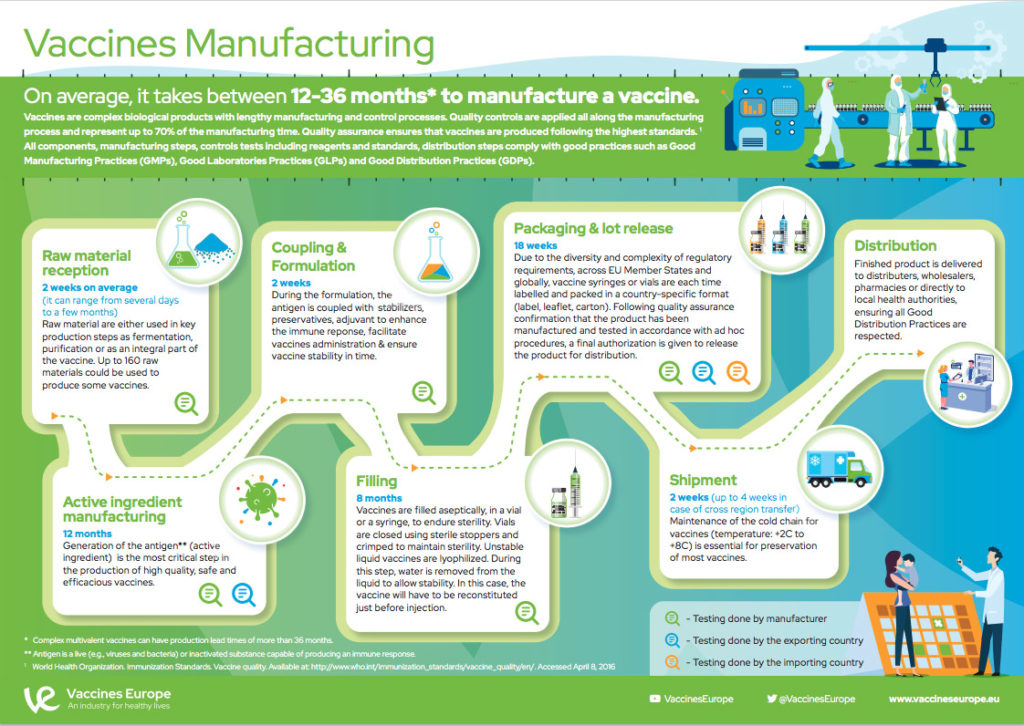
How Are Vaccines Produced Vaccines Europe
Https Apps Who Int Iris Bitstream Handle 10665 336603 Who 2019 Ncov Vaccine Deployment 2020 1 Eng Pdf

Module 3 Mass Vaccination Campaigns Who Vaccine Safety Basics

How Vaccines Work British Society For Immunology
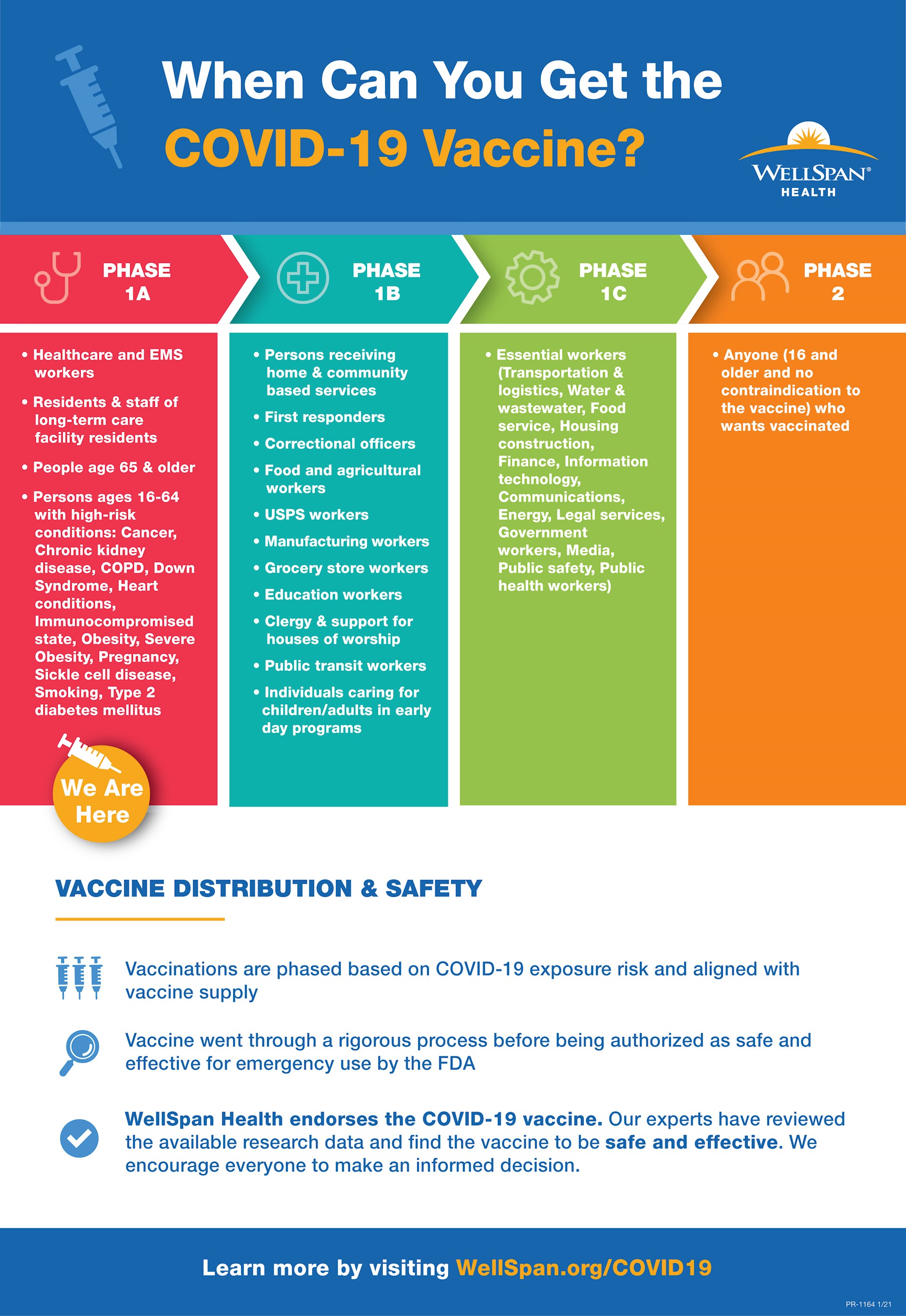
Covid 19 Vaccine Update Pa Department Of Health Expands Phase 1a Wellspan Health

How Vaccines Work British Society For Immunology
Https Www Who Int Immunization Programmes Systems Policies Strategies Who Catch Up Guidance Working Draft 11 08 20 Pdf
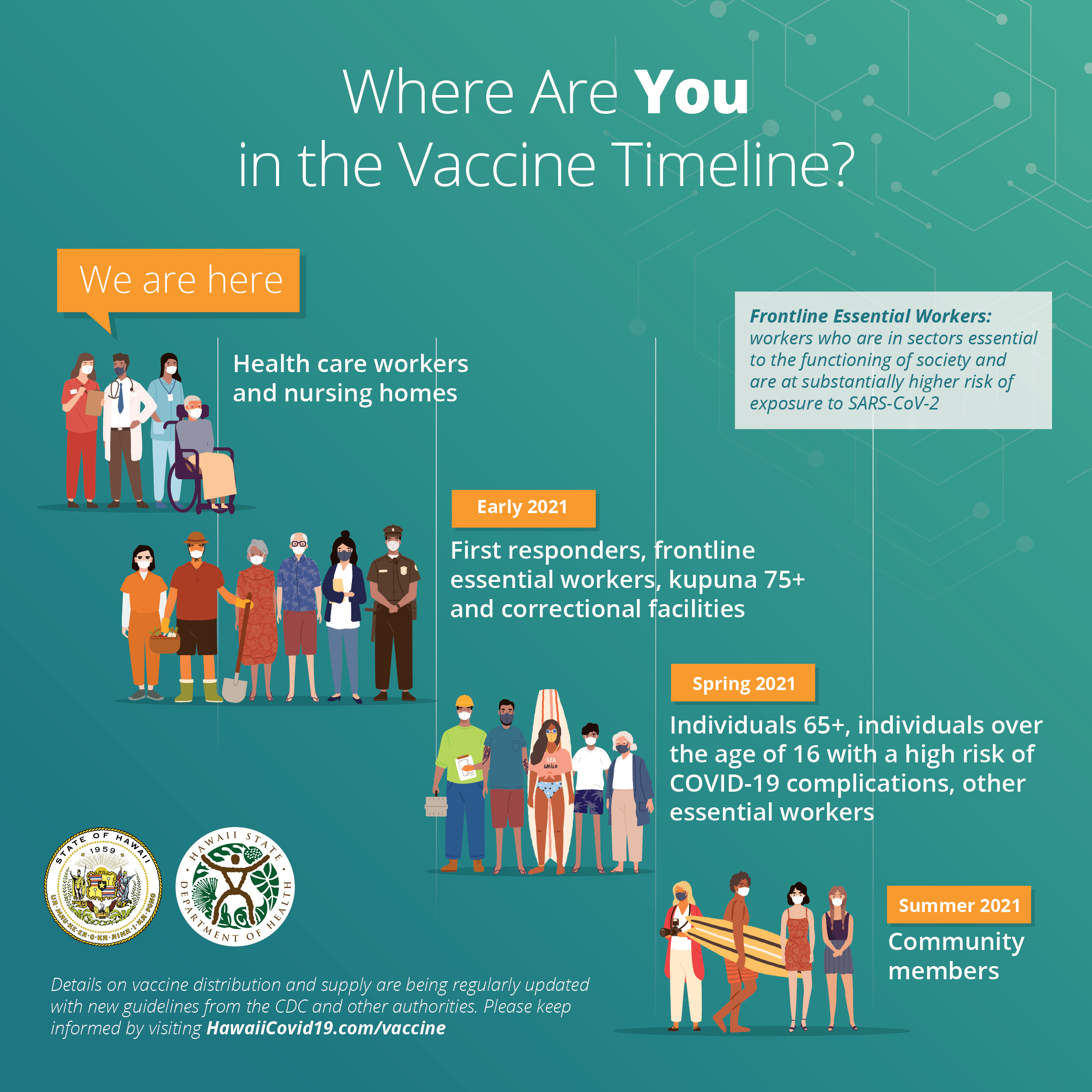
Teachers Receiving Covid 19 Vaccinations In First Phase Of Distribution Hawaii State Teachers Association

Module 4 Investigation Who Vaccine Safety Basics

How Vaccines Work British Society For Immunology

Defining Immunization Types Statistics And Resources Regis College Online
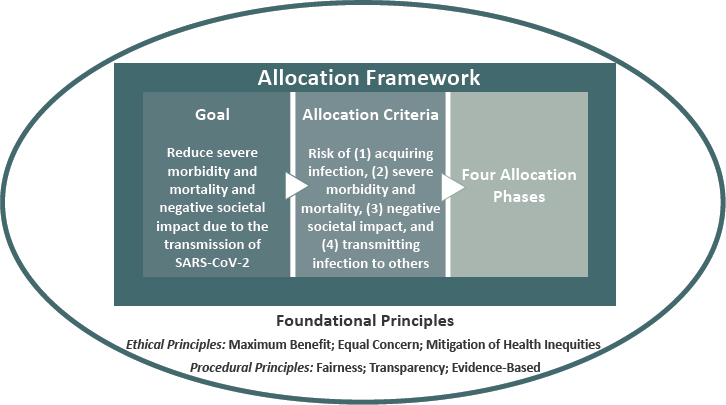
3 A Framework For Equitable Allocation Of Covid 19 Vaccine Framework For Equitable Allocation Of Covid 19 Vaccine The National Academies Press

Inactivated Virus Vaccine An Overview Sciencedirect Topics

Advances And Challenges In Vaccine Development And Manufacture Bioprocess Internationalbioprocess International


Post a Comment for "Definition Of Vaccination Process"